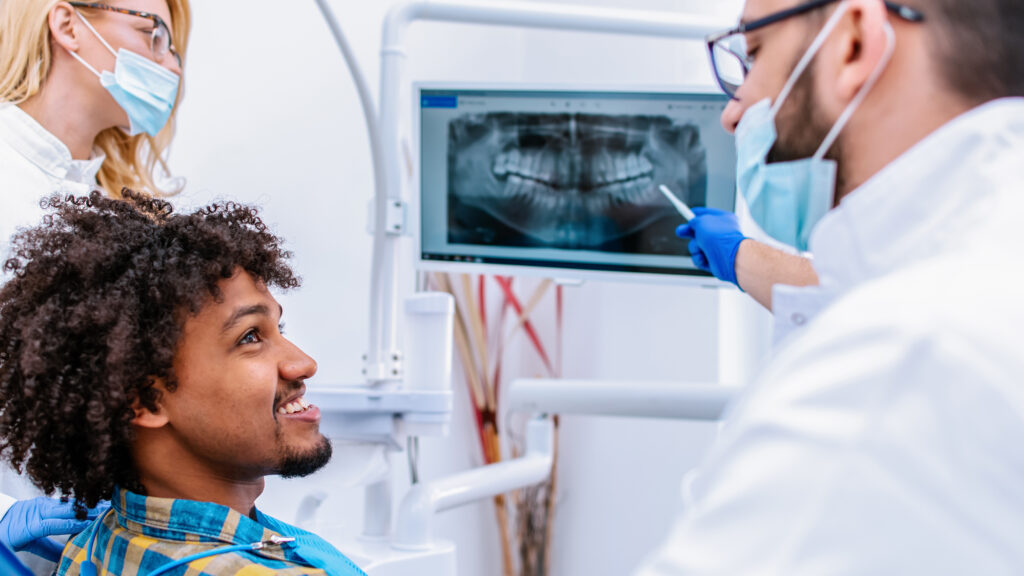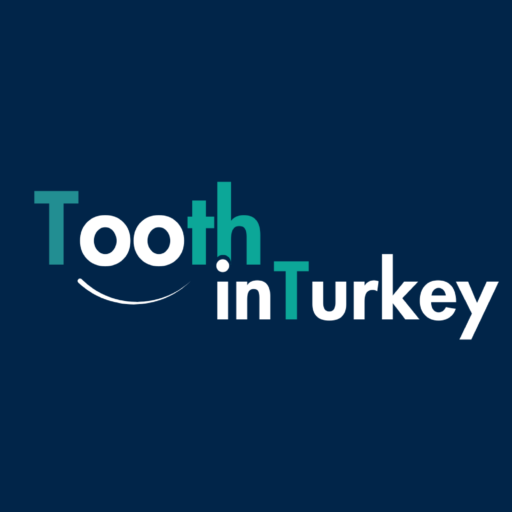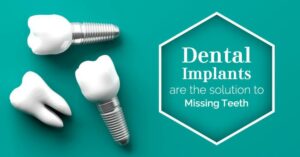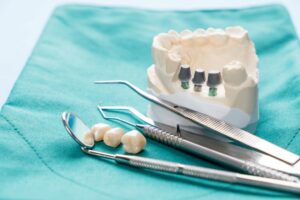
An Overview of Common Oral Diseases
Introduction:
Oral health is a crucial aspect of overall well-being, and Turkey faces its share of common oral diseases that impact a significant portion of the population. Understanding these oral health issues is vital for promoting better dental care and ensuring a healthier nation. In this article, we will explore the most prevalent oral diseases and discuss preventive measures and treatments to maintain good oral hygiene.
Common Oral Diseases
Dental Caries
Dental caries, also known as cavities or tooth decay, is one of the most prevalent oral diseases in Turkey. It occurs due to the accumulation of plaque on teeth, which produces acids that erode the tooth enamel over time. Untreated cavities can lead to toothache, infection, and even tooth loss.
2. Gum Disease (Periodontal Disease)
Gum disease affects the tissues surrounding the teeth, leading to inflammation and potential tooth loss. Poor oral hygiene, smoking, and certain medical conditions contribute to its development.
3. Oral Cancer
Oral cancer refers to cancerous growth in the mouth, tongue, lips, or throat. Early detection and timely treatment are crucial for better outcomes.
4. Tooth Sensitivity
Tooth sensitivity is characterized by discomfort or pain when consuming hot, cold, sweet, or acidic foods and beverages. It can result from enamel erosion, gum recession, or dental procedures.
5. Halitosis (Bad Breath)
Halitosis, commonly known as bad breath, can be embarrassing and is often caused by poor oral hygiene, certain foods, or underlying health issues.
6. Temporomandibular Joint Disorders (TMJ)
TMJ disorders affect the jaw joint, leading to pain, clicking sounds, and restricted jaw movement.
7. Canker Sores
Canker sores are painful ulcers that develop on the soft tissues inside the mouth. They can be triggered by stress, certain foods, or hormonal changes.
8. Tooth Erosion
Tooth erosion occurs when the tooth enamel is worn away by acids, leading to tooth sensitivity and an increased risk of cavities.
9. Dental Abscess
A dental abscess is a pocket of pus caused by a bacterial infection. It can cause severe pain and swelling and may require drainage and antibiotics.
10. Oral Thrush
Oral thrush is a fungal infection that appears as white patches on the tongue and inside the mouth. It often affects infants, older adults, and individuals with weakened immune systems.
Causes and Risk Factors

Maintaining good oral health can be challenging due to various factors and risk elements associated with common oral diseases. Some of the prominent causes and risk factors include:
- Poor Oral Hygiene
Inadequate brushing and flossing can lead to the accumulation of plaque and bacteria, increasing the risk of cavities and gum disease.
- Unhealthy Diet
Consuming sugary and acidic foods frequently can contribute to tooth decay and erosion.
- Tobacco and Alcohol Use
Tobacco and alcohol use are significant risk factors for oral cancer and gum disease.
- Genetic Predisposition
Some individuals may have a genetic predisposition to certain oral health issues, making them more susceptible to developing specific diseases.
- Systemic Health Conditions
Certain systemic health conditions, such as diabetes and HIV/AIDS, can impact oral health and increase the risk of oral infections.
Prevention and Maintenance
Taking proactive measures to prevent oral diseases is essential for maintaining optimal oral health. Some preventive measures and maintenance tips include:
- Regular Brushing and Flossing
Brushing twice a day and flossing daily helps remove plaque and food particles, reducing the risk of cavities and gum disease.
- Balanced Diet and Limiting Sugary Foods
A balanced diet rich in fruits, vegetables, and calcium contributes to healthy teeth and gums. Limiting sugary and acidic foods reduces the risk of tooth decay and erosion.
- Routine Dental Check-ups
Regular dental check-ups allow dentists to identify potential issues early and provide necessary treatments.
- Tobacco and Alcohol Cessation
Quitting tobacco and moderating alcohol consumption significantly improves oral health and reduces the risk of oral cancer and gum disease.
- Stress Management
Managing stress levels can help reduce the occurrence of conditions like teeth grinding and canker sores.
Treatment and Management

Prompt treatment and proper management are crucial for addressing oral health issues effectively. Treatment options may include:
- Dental Fillings and Restorations
Dental fillings and restorations are used to repair cavities and restore the function and appearance of teeth.
- Scaling and Root Planing
For gum disease, scaling and root planing help remove plaque and tartar from the teeth and root surfaces.
- Oral Cancer Treatments
The treatment for oral cancer depends on the stage and extent of the disease. It may include surgery to remove cancerous tissues, radiation therapy to target cancer cells, and chemotherapy to destroy cancer cells throughout the body. Early detection and treatment increase the chances of successful outcomes.
- Desensitizing Toothpaste and Mouthwash
For individuals with tooth sensitivity, desensitizing toothpaste and mouthwash can provide relief by reducing sensitivity to hot, cold, sweet, or acidic stimuli.
- Halitosis Remedies
Addressing halitosis involves maintaining good oral hygiene, using mouthwash, and avoiding strong-smelling foods and beverages.
- Pain Management for TMJ Disorders
Pain medications, muscle relaxants, and physical therapy can help manage the discomfort associated with TMJ disorders.
- Topical Ointments for Canker Sores
Over-the-counter topical ointments can help soothe the pain and promote healing of canker sores.
- Protective Measures for Tooth Erosion
Avoiding acidic foods and beverages, and using fluoride toothpaste can help protect tooth enamel and prevent erosion.
- Drainage and Antibiotics for Dental Abscess
In cases of dental abscess, drainage of the pus and antibiotics to clear the infection may be necessary.
- Antifungal Medications for Oral Thrush
Antifungal medications, in the form of topical ointments or oral rinses, are used to treat oral thrush.
The Importance of Oral Hygiene Education
Promoting oral hygiene education is crucial in Turkey to raise awareness about the significance of oral health and its impact on overall well-being. Implementing public awareness programs and school-based initiatives can instill good oral hygiene habits from an early age. Moreover, ensuring access to dental care in rural areas and underserved communities is vital in reducing the prevalence of oral diseases and promoting better oral health nationwide.
Advancements in Oral Health Care
The field of dentistry continually evolves, embracing technological innovations to improve oral health care. Advancements in dental technology, such as digital radiography, 3D printing of dental prosthetics, and laser dentistry, enable more efficient and precise treatments, reducing patient discomfort and recovery time. Additionally, telemedicine and oral health consultations are becoming more accessible, allowing individuals to seek professional advice from the comfort of their homes.
The Impact of COVID-19 on Oral Health
The COVID-19 pandemic has affected various aspects of healthcare, including oral health. The pandemic’s challenges have led to disruptions in routine dental care, delayed treatments, and increased stress levels, leading to potential oral health issues. It is essential for individuals to follow oral health precautions, maintain good hygiene practices, and schedule routine dental check-ups despite the ongoing pandemic.
Conclusion
Maintaining good oral health is essential for the overall well-being of individuals. By understanding common oral diseases and their risk factors, individuals can take proactive measures to prevent dental issues and seek timely treatment if needed. Regular dental check-ups, proper oral hygiene, a balanced diet, and a tobacco-free lifestyle are essential steps in promoting oral health and achieving a confident smile.




